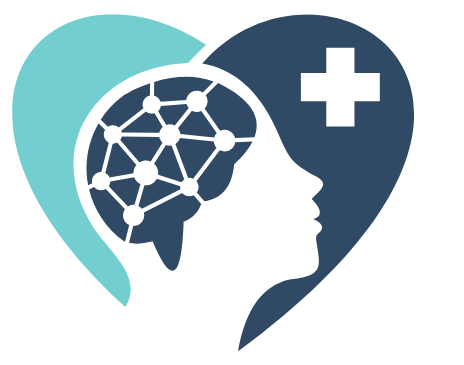Blog Posts
-

Biased Brain: 10 Ways Perception Can Be Deceived
Bias refers to conscious and unconscious preference for one thing over another. Cognitive bias impairs our ability to make objective judgments. When we have cognitive bias, it impacts our decision-making and influences our behavior. In psychology, there are several examples of cognitive bias that have been found to influence human behavior. Following are ten examples…
-

5 Anger Coping Skills
From a psychological perspective, anger is considered a normal and natural emotion that arises in response to a perceived threat, injustice, or frustration. It is often accompanied by physiological and cognitive changes. Physiologically, anger triggers the body’s “fight-or-flight” response, leading to various changes such as increased heart rate, elevated blood pressure, muscle tension, and the…
-

About Positive Psychology
Positive psychology is a fairly new field of research that focuses on studying positive aspects of human experiences, such as happiness, well-being, and flourishing. While the field of positive psychology has made significant contributions to our understanding of happiness, research in this area is ongoing, and new findings continue to emerge. Here are some key…
-

4 Harmful Communication Patterns and their Antidotes
Working as a counselor in a college setting, I often work with young adults who are navigating relationship challenges. One of the most common relationship challenges that brings a student to counseling is difficulty communicating with their romantic partner. In fact, communication problems are one of the primary concerns that bring couples to counseling in…
-

8 Journal Prompts for Exploring Emotions
There are many experiences in life that can affect our ability to experience emotions. Traumatic experiences can result in the unconscious repression of emotions while we are focusing on surviving horrible circumstances. Sudden change and loss can also bring on a grief response, where initially we are numb and in shock. Social and cultural expectations…
-

Distorted Thoughts that Contribute to Anxiety and Depression
Cognitive therapy, developed by Dr. Aaron Beck, focuses on the relationship between our thoughts and moods. Beck realized from his work that many of his patients with depression expressed irrational thoughts about themselves and their lives, and this realization led him to discover a list of problematic thinking patterns that he called “cognitive distortions.” His…
-

Strategies for Improving Rational Thinking
I often have conversations with clients about problematic patterns of thinking which contribute to anxiety and depression. This connection between patterns of thinking and moods has been researched in the field of psychology since the 1960s, starting with a psychologist named Dr. Aaron Beck. Beck realized that many of his clients who were suffering from…
-

3 Stages of Trauma Recovery
One of the greatest lessons I have learned in my career is that human beings are amazingly resilient. While facilitating support groups, advocating for abused and neglected children, and working with individuals in therapy sessions, I have heard some of the most heartbreaking stories imaginable and come to know people who have survived hell on…
-

4 Recovery Strategies for Depression
We are all susceptible to depression due to stress and changes that happen in our lives. Whether stress comes in the form of grief, a break up, losing a job, or trauma, depression symptoms can quickly become overwhelming. In fact, the Diagnostic and Statistical Manual of mental disorders defines major depressive disorder (MDD) as an…
-

3 Keys for Anxiety Recovery
Anxiety is an exaggerated response of our nervous system, where we often feel on-edge, fearful, and have difficulty relaxing. Anxiety can cause us to worry a lot, and struggle with racing thoughts. These responses arise from biological systems that help us respond to stress and threatening experiences in life. In fact, one of these systems…
-

3 Ways to Start Mood Tracking
Mood tracking is one of the most helpful skills for recovering from mental health problems, as well as maintaining mental health over time. Mood tracking is a core skill in cognitive behavioral therapy, but it’s a practice that is also becoming more mainstream as well. If you want to regain your mental health, I strongly…
-

How to Interpret Your Dreams in 4 Steps
Humans have developed many different theories about dreams. Today, leading theories in neuroscience argue that dreams are the brain’s way of inventing new experiences during REM sleep to prepare for eventualities in waking life, so that we might be more likely to survive challenges after having imagined them while asleep (in case you ever find…



